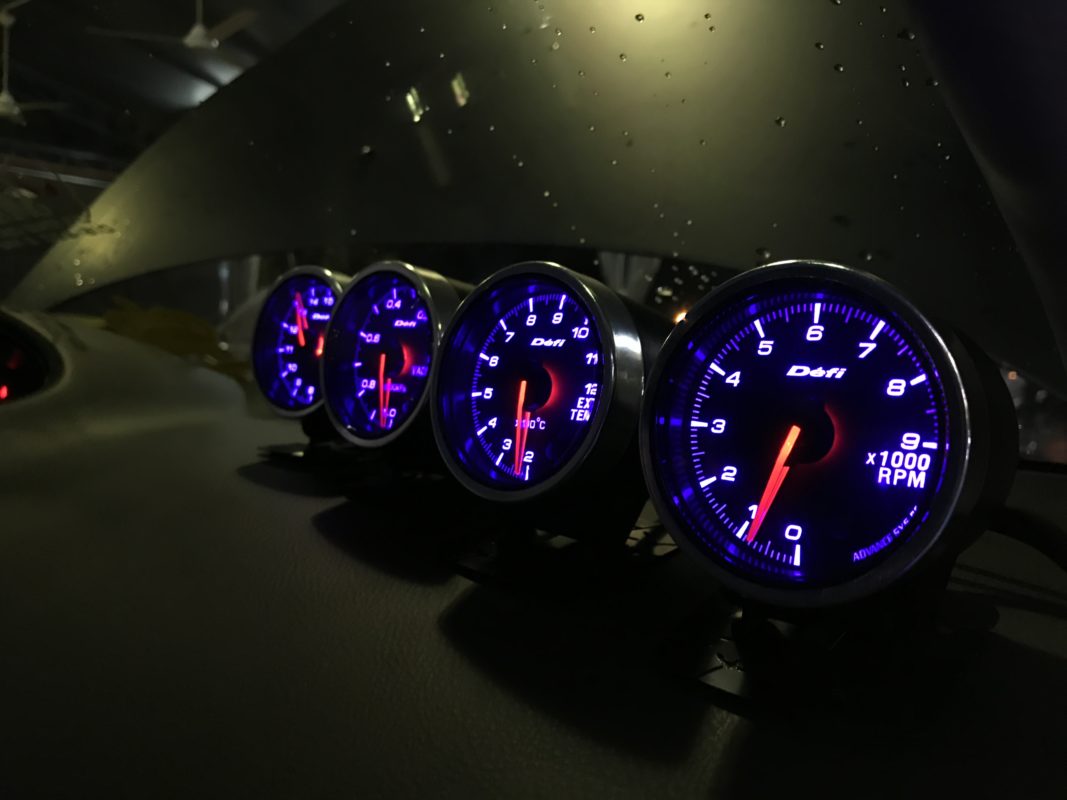Did you know that the first vehicle equipped with a mechanical speedometer was in 1901? If you are looking at adding some performance gauges to your own car but are not sure of the differences, you are in the right place. We have put together this guide to share the options you have when it comes to gauge performance.

Keep reading to learn some of the most common gauges that you might want to consider installing.
1. Temperature Gauges
These performance gauges can really come in handy because they will ensure that your vehicle does not overheat. At the first sign of trouble, you will know that something is not right and you can get your vehicle checked out by a mechanic.
Some of the gauges that check for temperature fluctuations include amplifier temperature gauges, oil temperature, water temperature, differential temperature, and transmission temperature.
2. Electrical Gauges
Electrical gauges are another smart investment because they will also keep you afloat with your voltage to make sure everything is running as it should. A few common electrical gauges include voltmeters, ammeters, and amp current gauges.
The key is to buy electrical gauges that work with your car’s system if not you will not be able to use them.
3. Fuel Gauges
You have a few gauge options when it pertains to staying on top of your vehicle’s gasoline use. For example, you can have a gauge for fuel levels, fuel pressure, knock gauges, etc.
These gauges will come in handy because you can also keep track of things like your air ratio.
4. Taches and Speedos
This other category of gauges involves the speed of the vehicle. These are similar to speedometers and tachometers but they are more advanced technology. Plus, a stylish aftermarket speedometer will give your car a new look and vibe.
The tachometer gauge will show you how many revolutions per minute your engine is making. These gauges will come in handy because they will keep you from blowing your motor and over-revving. If you are one of those drivers that love driving fast then these gauges are a smart investment.
5. Coolant Pressure
A coolant pressure can keep your engine from frying. Sometimes a temperature gauge does not register a rise in temperature until it is too late. This gauge on the other hand will register this change as soon as it happens.
Another pro of this gauge is that it will not only inform you about a sudden loss of coolant but it will also let you know of other problems such as leaks.
Which Performance Gauges Will You Install?
We hope that now that you know the difference between the most common performance gauges, you can make an informed decision and buy exactly what you want.
Did this article help you out today? Please keep browsing the rest of our auto section for some more tips and tricks.
Facebook Comments